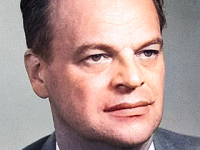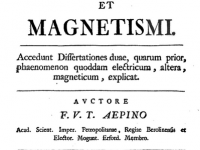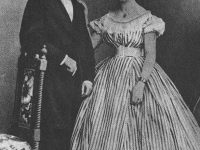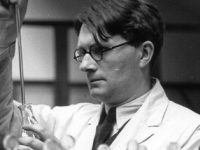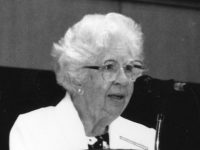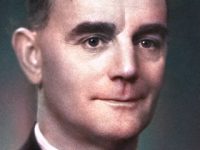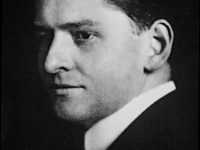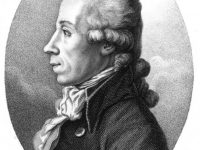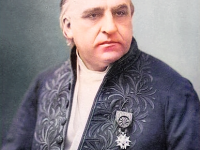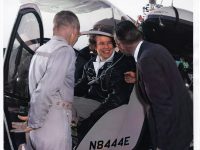Nikolay Basov and the Principles of Maser and Laser
On December 14, 1922, Soviet physicist and Nobel Laureate Nikolay Basov was born. For his fundamental work in the field of quantum electronics that led to the development of laser and maser, Basov shared the 1964 Nobel Prize in Physics with Alexander Prokhorov and Charles Hard Townes. The maser is a device that produces coherent electromagnetic waves through amplification by stimulated emission, a principle originally proposed by Albert Einstein in 1917.[4] Nikolay Basov…
Read more

